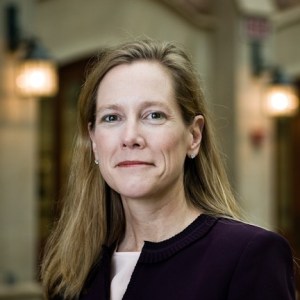In my recent article, Public Governance, I develop a theory of public governance as a form of publicness by exploring corporate governance and decision making, and developing them with a more textured understanding of the nature of corporations and their role. I do so through the lens of Sarbanes-Oxley and Dodd-Frank and by deconstructing the “private” zone and reconceiving it with an understanding of publicness.
The term “publicness,” as used in the article, means the shift in the federal and state balance of power and the resulting growth of public governance. But, I envision the term to be broader in many contexts and have used it in a prior piece (available here) to refer to the relationship of corporations to the various actors that both run and influence them.
I argue that corporate actors who govern without a deeper understanding of their impact on society lose their self-regulation privileges. The most recent increase in the federalization of corporate governance occurred when corporate actors failed to exercise their choices with an understanding of the nature of publicness. They took private ordering for granted. They treated it as a right rather than a privilege. They failed to grasp the actual and potential roles of the media, stakeholders, politicians, and others who wanted changes in the distribution of corporate power and who could succeed after scandals. Publicness, both as a process and an outcome, grows when corporate actors are greedy, when they cheat, and when they fail. The resulting crises and scandals become the vehicle for publicness.
Simply put, corporate failures expose “private” choices. Actors outside of the corporation and Wall Street scrutinize the failures. Think Occupy Wall Street and bloggers more generally. The scrutiny and concomitant increase in publicness make transparent the privileged nature of the corporate private zone. They reveal the lawmakers’ choices about private ordering and self-regulation. They highlight the spaces not yet legally defined: those that were omitted. They create pressure for more reform and public governance. The result is more publicness.
My full article, Public Governance, which was recently published in the George Washington Law Review, is available here.
 Sky Blog
Sky Blog

